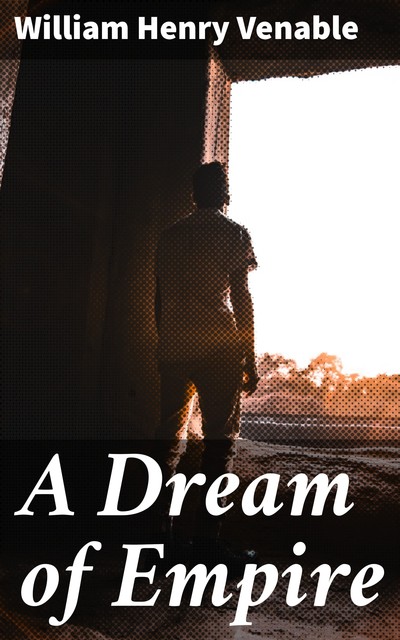In “A Dream of Empire,” William Henry Venable weaves a rich tapestry of historical fiction that examines the complexities of American expansionism in the late 19th century. Set against the backdrop of a rapidly growing nation, Venable employs a lyrical and evocative prose style, seamlessly blending philosophical musings with vivid imagery. The narrative intricately explores themes such as ambition, ethical dilemmas, and the interplay between personal dreams and national aspirations, reflecting the zeitgeist of a country grappling with its identity during a period of transformation and conflict. William Henry Venable was a multifaceted scholar and writer whose diverse interests encompassed history, education, and cultural commentary. His deep engagement with the socio-political landscape of his time, coupled with his education and scholarship, offered him unique insights into the American psyche and the motivations behind imperial ambitions. Venable'Äôs experiences as a traveler and educator are evident in his nuanced portrayals of characters and their struggles, setting the stage for a more profound critique of imperialism. Readers looking for a thought-provoking exploration of America'Äôs imperial past will find “A Dream of Empire” essential. Venable's masterful storytelling not only entertains but invites critical reflection on the implications of dreams that shape nations. It is a poignant reminder of the complexities inherent in the pursuit of greatness and the costs it exacts on both individuals and society.

